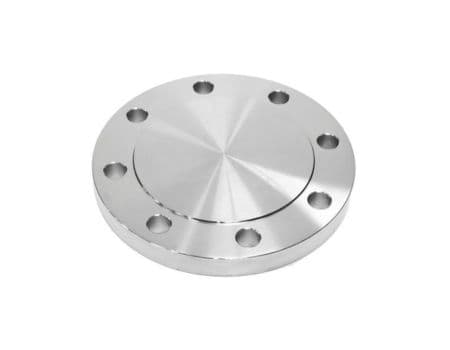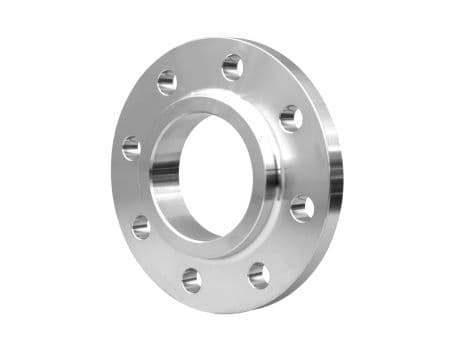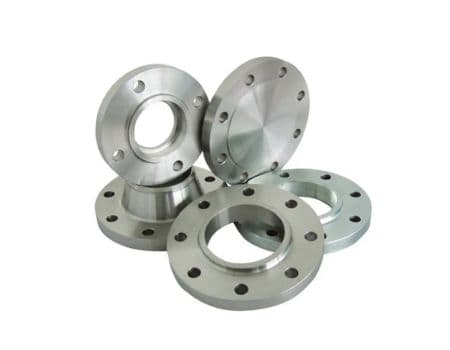| Flanges Types | Slip On, Weld Neck, Long Weld Neck, Threaded, Companion, Blind, Lap Joint |
|---|---|
| Class | 150 Lbs, 40, 300 Lbs, 64, 100, 600 Lbs, 160, 900 Lbs, 1500 Lbs, 2500 Lbs Asa 150, Pn 6, Asa 300, 10, 25, 16 |
| Size | 1/2″ (15 Nb) |
| Type | Raised Face (rf), Small Male Female (smf), Flat Face (ff), Large Tongue & Groove, Ring Type Joint (rtj), Small Tongue, Lap Joint Face (ljf), Large Male Female (lmf), Groove |
Aluminium Flanges
Riddhi Siddhi Metal Impex is a leading Aluminium Flanges Manufacturer, Aluminium Flanges are popular because of their light weight, good corrosion and good mechanical strength. These flanges are applicable in any application that requires a long life, durability and which should be easily installed in any industrial setup.
The main characteristics of Flanges made of Aluminium include:
- Highly corrosive resistant lightweight material.
- Strong to weight ratio.
- Developed with ease and is machineable and installable.
- Appropriate low and medium pressure.
The Aluminium Flanges are generally utilized in piping, shipment, and chemical processing facility, and air conditioning. Their performance and cost-effectiveness is most reliable and hence they are a preferred choice and are easily sourced via established B2B Marketplace networks.
Type of Sub-products

Aluminium Blind Flange Aluminium Blind Flange
Aluminium flanges are available in various types including slip-on, weld neck, blind, threaded, and lap joint to suit diverse system requirements.

Aluminium Slip On Flange Aluminium Slip On Flange
Aluminium Slip On Flanges are versatile and lightweight pipe connection components designed to slide over the pipe and are then welded for a secure fit.
